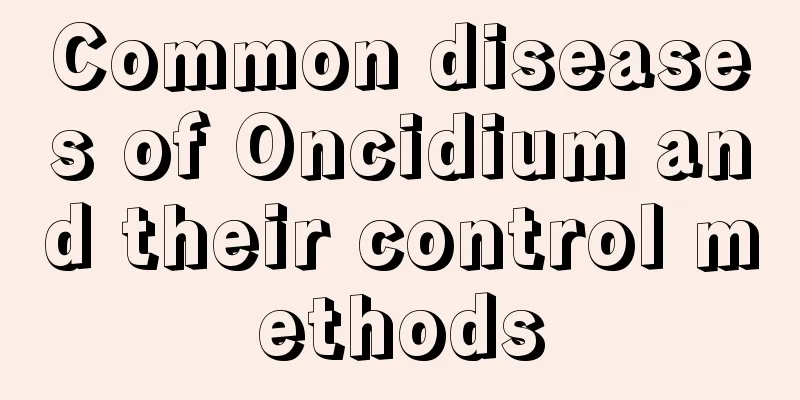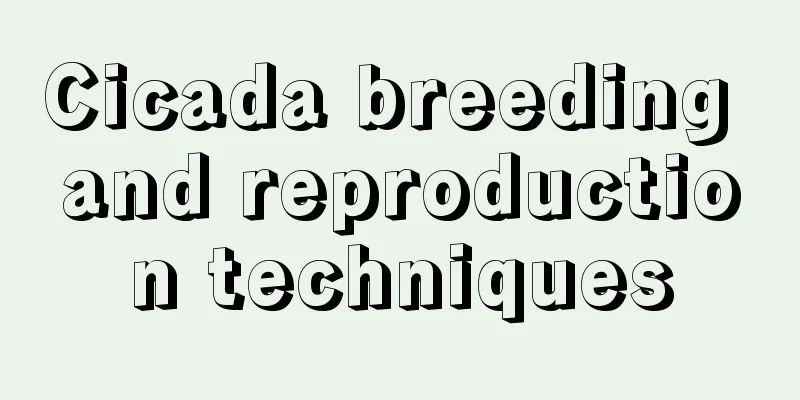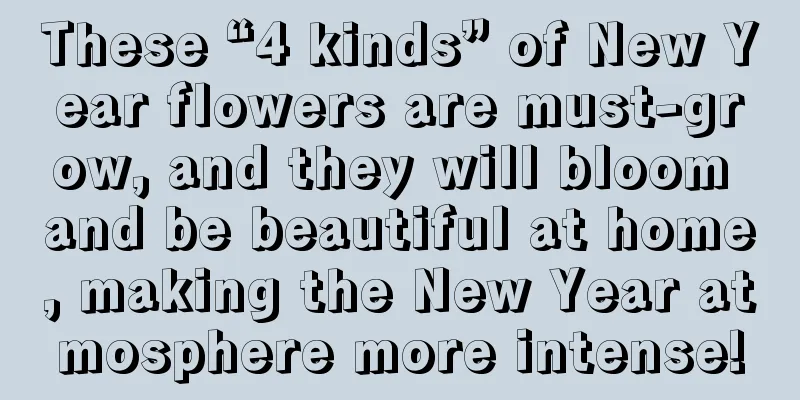Common diseases of Oncidium and their control methods

Oncidium leaf diseaseWhen Oncidium is infected with mosaic disease, discontinuous light yellow spots will appear on the leaves at the beginning, and mosaic will occur. The lesions will then cause leaf necrosis, forming sunken brown necrotic spots on the leaves, and the leaves will gradually die. Solution: Provide proper ventilation to avoid high temperature and high humidity environment; control watering and apply appropriate amount of phosphorus and potassium fertilizers; promptly remove diseased plants and leaves. In addition, spray pesticides in time when the disease occurs. You can choose Bordeaux mixture, methyl thiophanate solution, and benomyl, etc. Spray once every 7 to 10 days, and spray 2 to 3 times. Oncidium gray moldIt mainly harms leaves and petals. Initially, small water-like spots appear on the petals, which then gradually expand into round brown spots. The lesions gradually expand in the form of spots. However, due to differences in varieties and maintenance conditions, the color depth of the spots will vary. In severe cases, the spots will expand and even cover the entire petals, causing the flowers to wither. When grown indoors, a gray mold layer will appear on the leaves and petals. Solution: Ventilate in time, keep the environment dry, and avoid the generation of bacteria. Spray the pesticide in time when the disease occurs and take preventive measures. Oncidium AnthracnoseWhen the disease occurs, small round spots of light yellow will appear on the leaf tips, which will then gradually expand into dark brown. Several adjacent lesions combine with each other, causing the entire leaf to die. Solution: Pay attention to the watering method. Do not water directly from top to bottom. Water close to the soil. Do not have water accumulation in the center of the leaves. Keep the leaves dry at night. Avoid rain, provide appropriate light protection, and ventilate in time. Spray the medicine in time when the disease occurs to take preventive measures. |
<<: Six Disease Prevention and Control Methods for Daphne koreana
>>: Common diseases and insect pests of Pinus truncatula and their control methods
Recommend
Can Clivia be planted in the ground?
Can Clivia be planted in the ground? Clivia can b...
When is the best time to sow red cabbage?
Suitable time for sowing red cabbage Red cabbage ...
What are the cultivation methods and precautions of Dendrobium candidum
How to cultivate Dendrobium candidum Dendrobium o...
How to raise peace tree
1. Breeding environment 1. Soil: Use loose, well-...
How to plant carnation seeds: How to germinate, do you need to soak them in water?
1. Planting method 1. Seeds: First, you need to b...
How to water Cymbidium orchids
Key points for watering Huilan Cymbidium is a pla...
What is the best month to plant spring peanuts?
When to plant spring peanuts Spring peanuts are u...
How to prune camellia? The timing and steps of pruning are illustrated
Camellia pruning time Camellia usually blooms in ...
Can fish be raised in lucky bamboo water?
1. Is it possible? Because this plant is not pois...
It is best to water the golden orchid every few days.
How often should I water the golden orchid? The f...
What fertilizer is good for watermelon topdressing?
Time for topdressing watermelon The first fertili...
How often should carnations be watered?
1. Watering during the seedling stage After repot...
What to do if the kumquat tree loses leaves
1. Insufficient nutrients If it is often in a nit...
Winter wheat field management technology
As winter approaches, field management of wheat b...
Cyclamen cultivation methods and precautions
1. Breeding environment 1. Soil: Suitable for loo...









